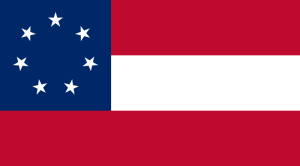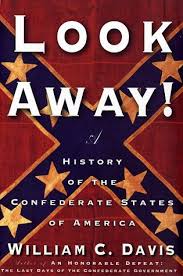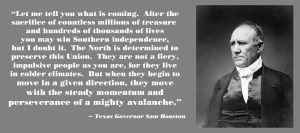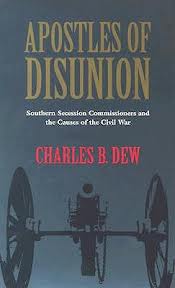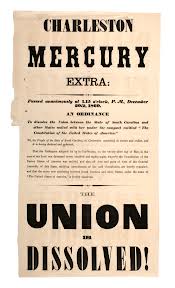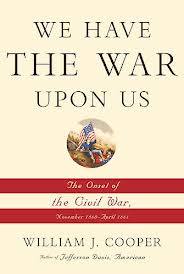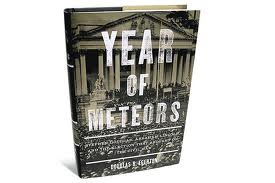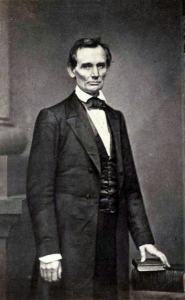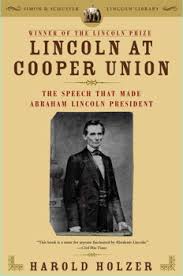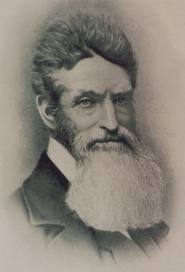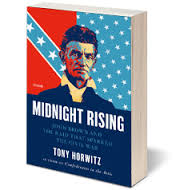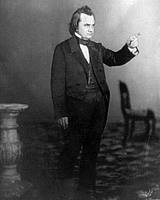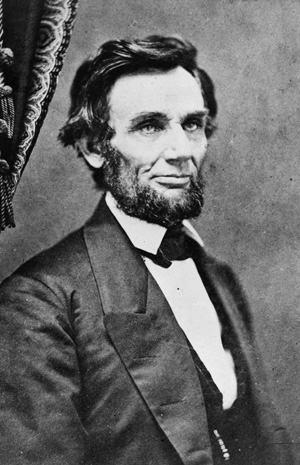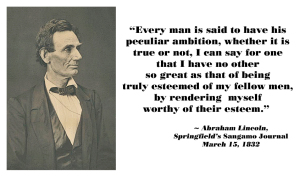In which we discuss the birth of the Confederate States of America in Montgomery, Alabama in February 1861.
Our book recommendation for this episode is Look Away! A History of the Confederate States of America by William C. Davis.
“Behind the masks of the Confederate armies was a government and a home front far removed from the ‘moonlight and magnolia’ traditions too often presented. Davis has produced a pathbreaking work in every sense. Concentrating on political, social, and economic subjects, this book is so revealing that it will surely become a basic reference work in Civil War history.” ~ James I. Robertson, Jr, author of Stonewall Jackson: The Man, the Soldier, the Legend
Listen to Episode 25: ConfederateStatesAmerica

